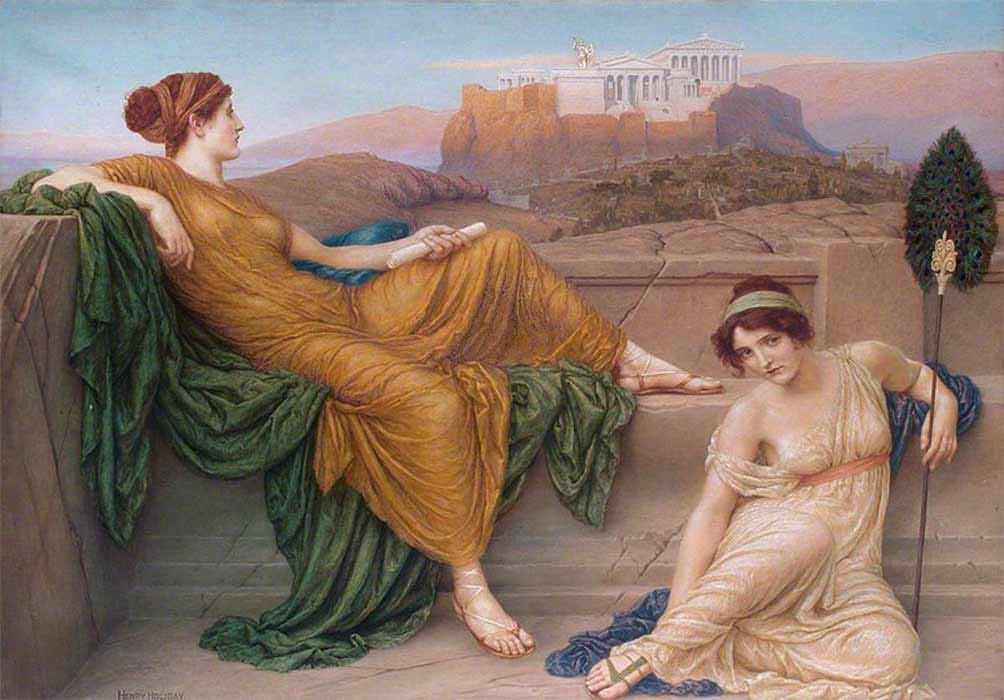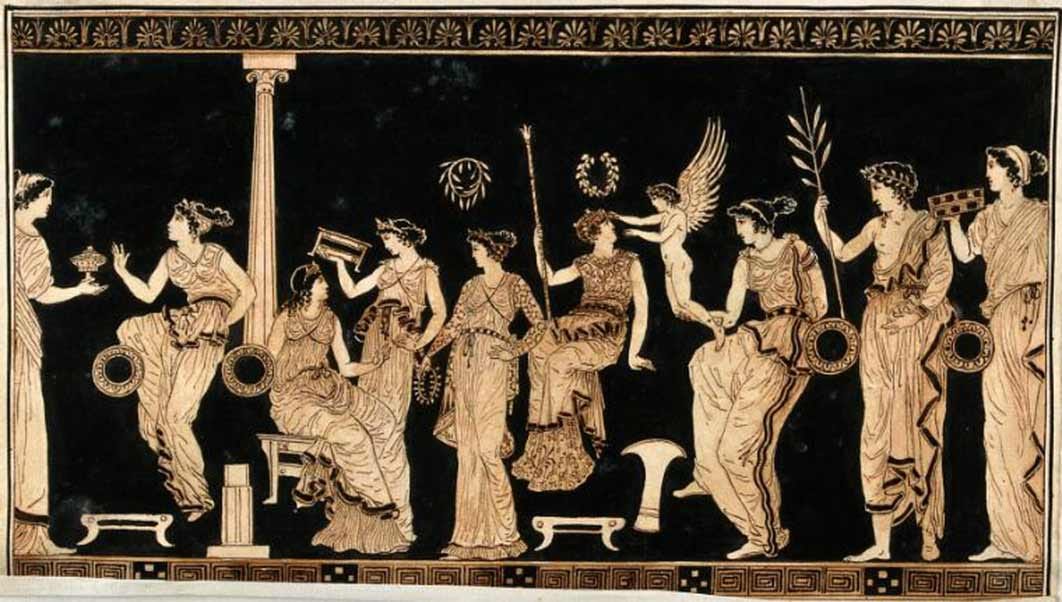Fatally Disrupting The Thesmophoria: The Savagery Of Greece’s Citizen Wives
A dominant paradigm of ancient Greece was turned on its head when subjugated women were made autonomous by participating in a feminine fertility festival known as the Thesmophoria. Devoted to human as well as crop fertility, the Thesmophoria ushered in the sowing season and was one of the most prominent and widespread of all Greek religious festivals. In fact, many believe its universality in the Greek world was testament to its prehistoric origins—a time before patriarchal marriage became the law of the land. Membership was restricted to citizen wives; no maidens, female metics nor slaves were allowed.

Depending on the polis, citizen wives left their homes and families for anywhere from three to ten days (and nights) to participate in this festival honoring Demeter, goddess of the harvest, and her daughter, Persephone, queen of the Underworld. Meeting outside the social constructs of marriage, the Thesmophoria evoked a time when women led autonomous lives—without male restrictions. In a society where men set the rules, a community of empowered women that challenged men’s authority struck fear in their hearts but nowhere was this male fear more evident than in the stories about the savagery of the Thesmophoria’s citizen wives. Because men were forbidden—to the point of death—from attending or witnessing any portion of this all-female festival, the Thesmophoria was notorious for its undercurrent of ferocity towards them. Stories abound about men who were subject to life-threatening and disfiguring acts of violence perpetrated by the citizen wives when they spied on or interrupted their festival in any way.


